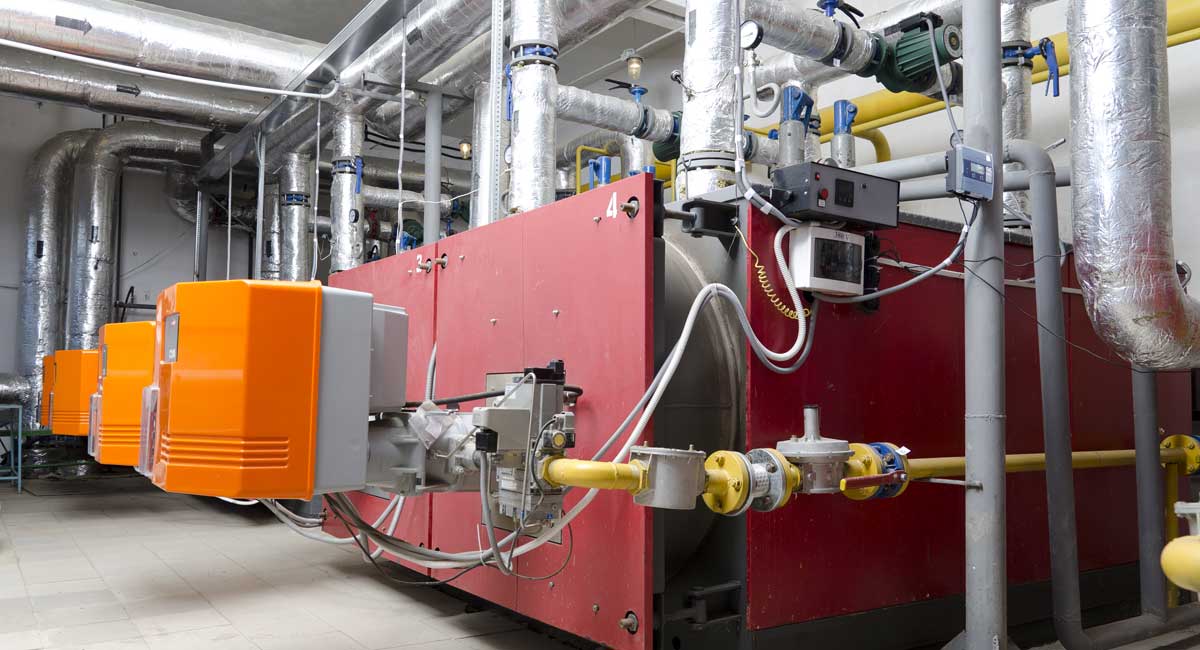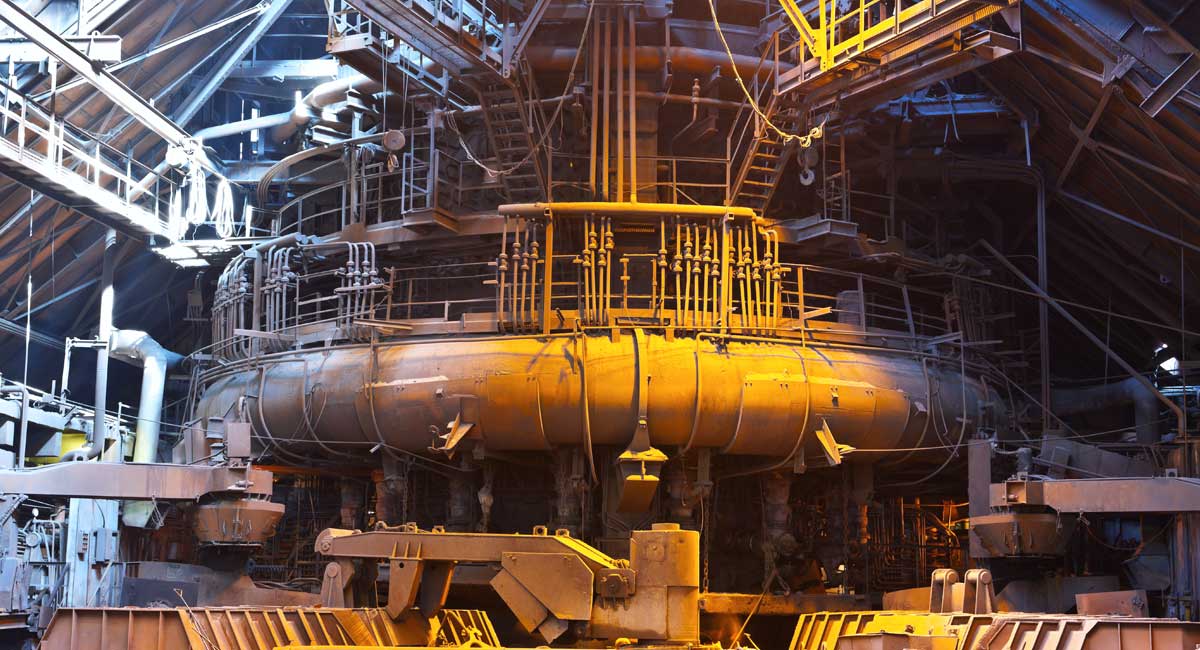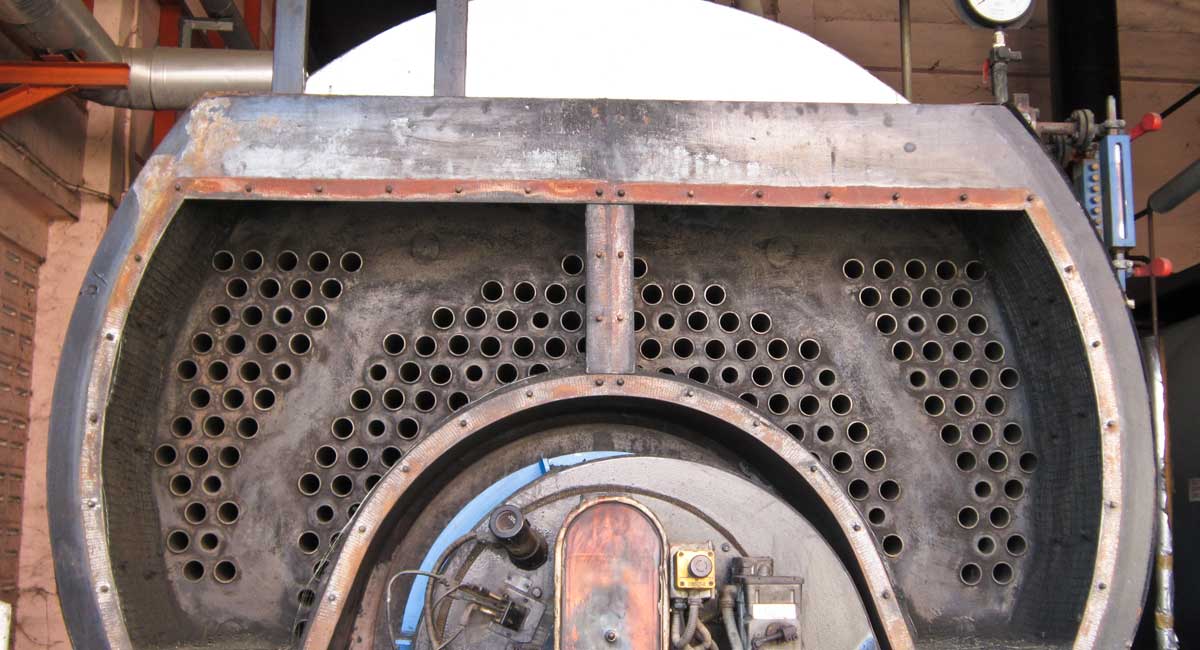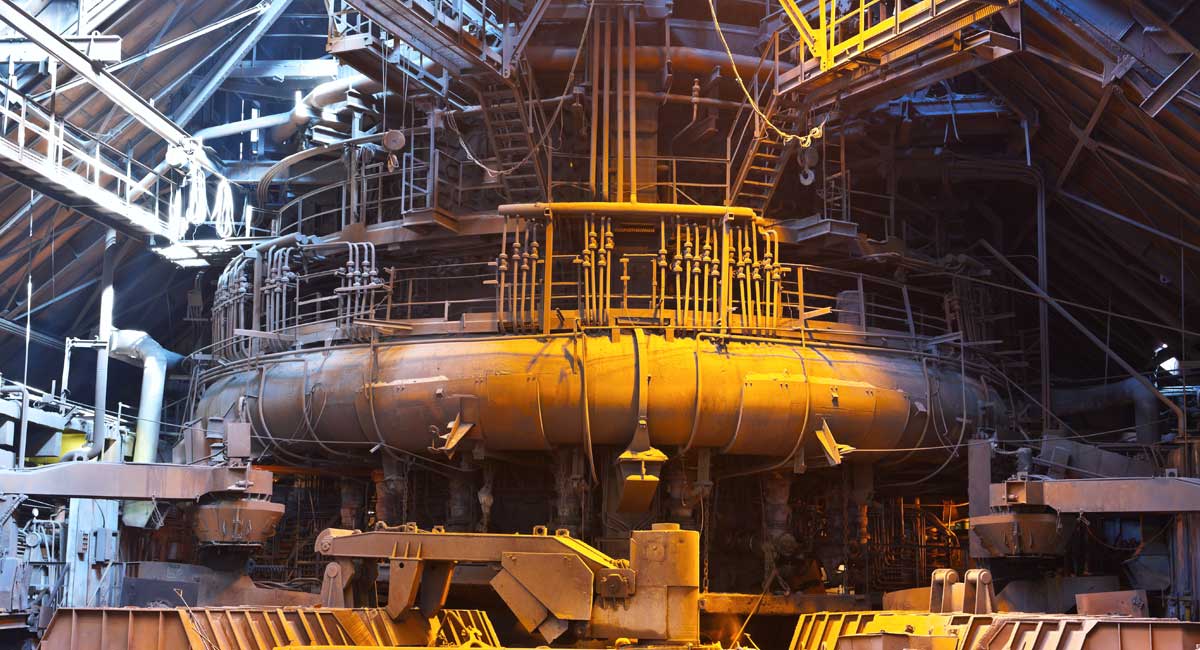Welcome to UGOO!
Refractory insulation materials for industrial stoves can reduce heat loss caused by heat conduction and heat convection. Its properties include high temperature resistance, low thermal conductivity, thermal shock resistance, and flame retardant. Over the past few years,massive researches on refractory insulation materials have been conducted domestically and globally,and a number of new materials have been successfully developed, such as glass wool, mineral wool, silica acid, composite silicate, closed-cell expanded perlite, ceramic fiber.
Tremendous market demand promotes the rapid development of fire-resistant insulation materials,nevertheless disordered exploitation and improper use of refractory raw materials have led to serious waste of resources, pollution, energy waste,end-product overcapacity,and low production of high value products. Therefore, “green, high-performance” refractory insulation materials are the only ones that can meet the requirements of national sustainable development strategy and energy conservation and emission reduction policies. Moreover,most of the refractory insulation materials are porous, or contain a large proportion of pore materials, which make them absorb water easily if in contact. Since water has a higher thermal conductivity than air which seriously affects the thermal insulation factor of the material, the hydrophobicity of heat insulation material is an important index to evaluate the material performance.


Traditional materials insulation status:
1. High thermal conductivity with thick heat insulating layer and unsatisfactory insulation effect;
2. The material is most likely to be hard, loose and porous, difficult to pack or stack, which lead to obvious convection
cooling effect;
3.Long-term use will lead to crisps and cracks, and the insulation effect would turn worse;
4.Infrared diffuse reflection is serious, which leads to heat accumulation inside the stove, together with high lining
temperature, gives the stove easy exposure to oxidized corrosion.


Thermal insulation advantages of UGOO aerogel materials:
● Lower thermal conductivity than the traditional insulation materials, high temperature resistance, flame resistance, largely
reduced heat loss during the machine operation;
● Effectively reduced insulation layer thickness, lowered storage and construction costs;
● Resistance to stretch and pressure, compact material structure, and reduced impact with air convection cooling;
● Safe and eco-friendly;
● Good infrared reflection effect, which is beneficial to improve the heat exchange in the furnace, improves the temperature
uniformity inside the furnace, and reduces the temperature of the furnace lining.